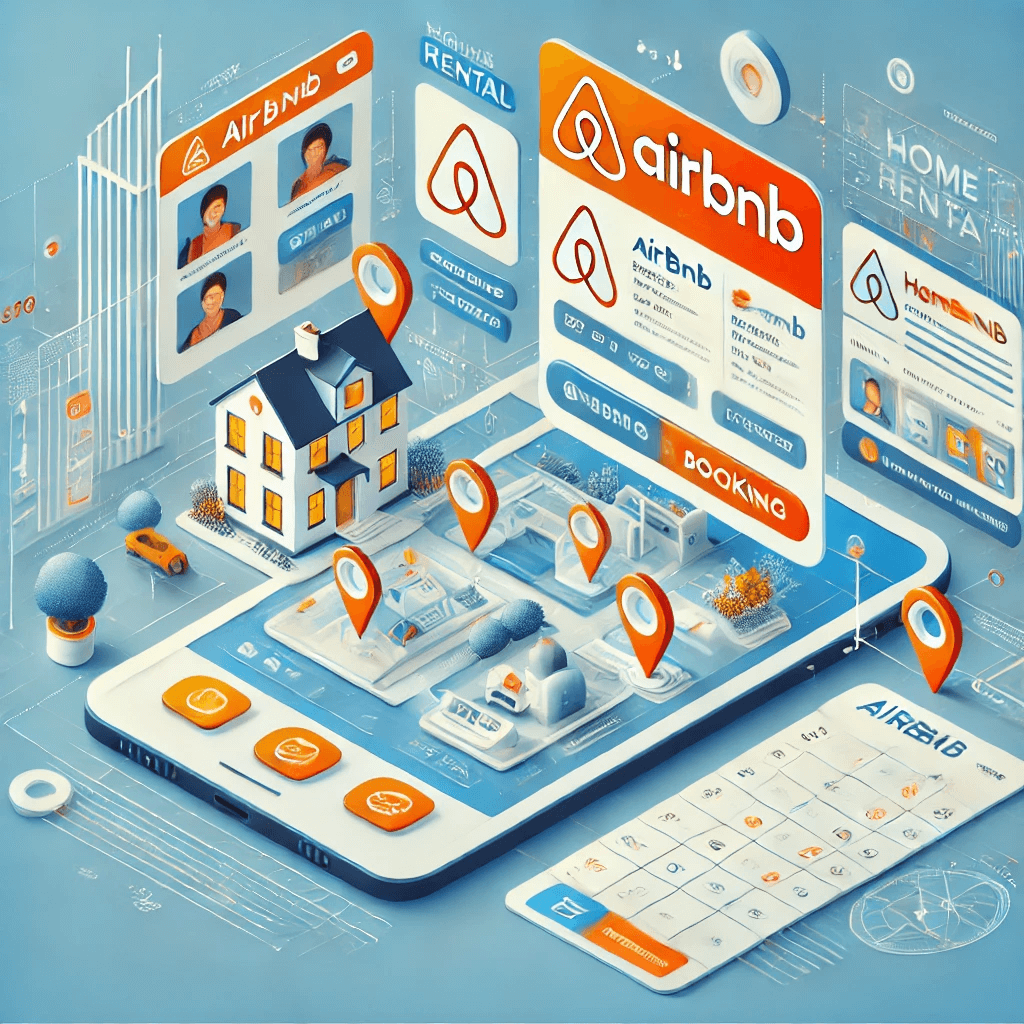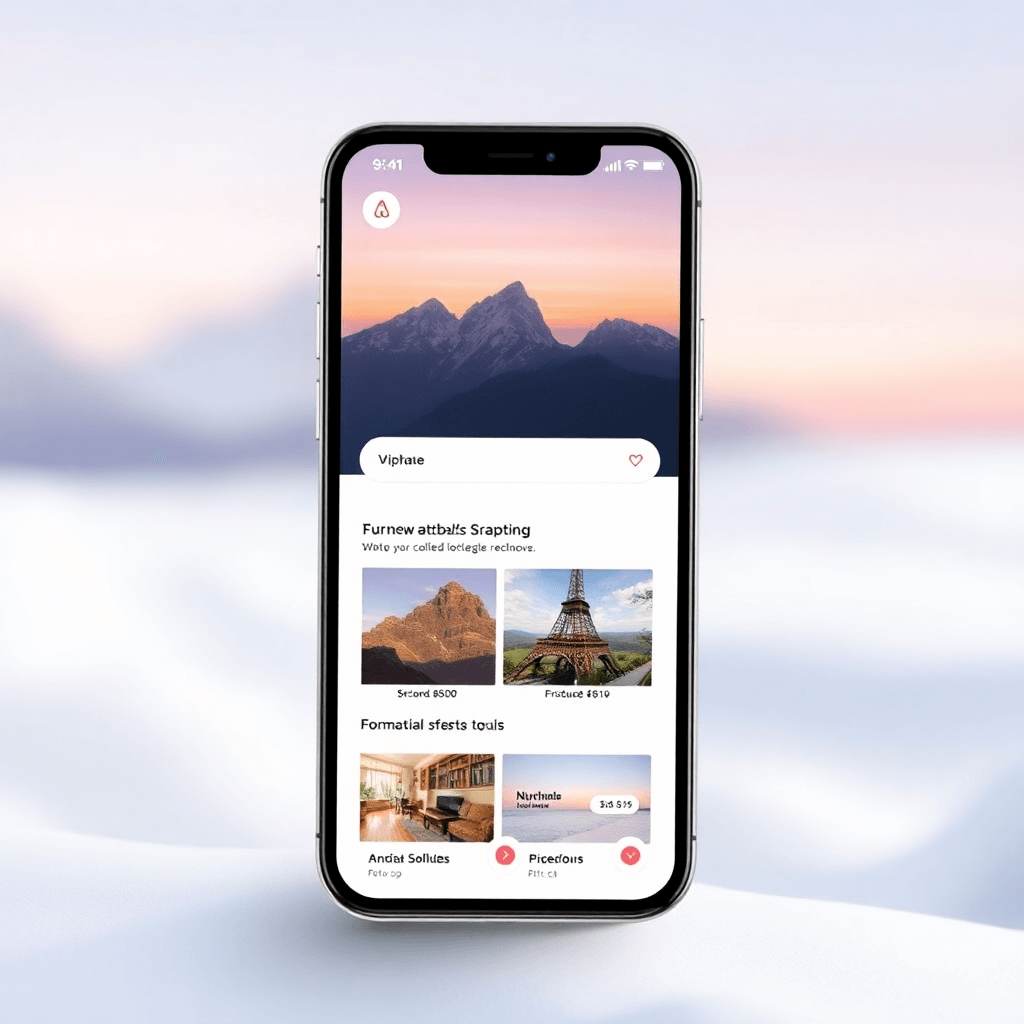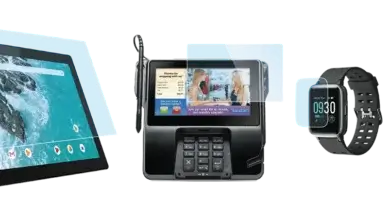
The Software as a Service (SaaS) industry has grown exponentially over the last decade. By 2025, it’s clear that the competition in this space is fiercer than ever. However, the demand for innovative, user-friendly solutions continues to rise, driven by businesses and consumers seeking streamlined workflows and enhanced experiences. With the right tools, strategies, and market insights, building a SaaS business in 2025 is not only possible but potentially lucrative. One standout approach includes leveraging ready-made solutions like Appkodes and Airbnb clone scripts to accelerate development and market entry.
The SaaS Landscape in 2025
As of 2025, the SaaS ecosystem is valued at hundreds of billions of dollars. A few trends define the industry:
- Vertical SaaS: Specialized SaaS solutions targeting niche industries have gained prominence. For example, SaaS products catering to healthcare, real estate, or education offer tailored features that generic platforms can’t match.
- AI and Automation: Artificial intelligence has become integral to most SaaS offerings, providing personalization, predictive analytics, and automation capabilities.
- Remote and Hybrid Work: The shift to remote and hybrid work models has increased demand for collaboration, project management, and HR SaaS tools.
- Global Market Accessibility: Cloud infrastructure and increased internet penetration have made SaaS solutions accessible to businesses worldwide, regardless of size.
- User Expectations: Customers expect seamless user experiences, high customization options, and robust security measures in any SaaS product.
These trends highlight both opportunities and challenges for aspiring SaaS entrepreneurs. The question isn’t whether building a SaaS business is possible in 2025, but rather how to build a successful one.
Challenges in Building a SaaS Business
Before diving into the strategies for success, it’s essential to acknowledge the challenges:
- High Competition: With thousands of SaaS products available, standing out requires a unique value proposition.
- Customer Retention: SaaS businesses rely on recurring revenue models. High churn rates can quickly erode profitability.
- Development Costs: Building a SaaS product from scratch involves significant time and financial investment.
- Market Saturation: Certain markets, like project management and CRM, are saturated with established players.
- Regulatory Compliance: Adhering to data protection regulations like GDPR, CCPA, and others is critical for global operations.
Given these challenges, entrepreneurs need smart strategies to carve a niche and thrive.
Leveraging Appkodes for SaaS Development
One way to mitigate some challenges is by using Appkodes, a platform that offers customizable scripts and solutions for building SaaS applications. With ready-made options like the Airbnb clone, entrepreneurs can save time and resources while entering competitive markets.
What is Appkodes?
Appkodes provides a range of pre-built solutions tailored to help startups and businesses launch quickly. These solutions include e-commerce platforms, online marketplaces, and more. For SaaS, Appkodes offers:
- Customizability: Tailor solutions to fit your brand and target audience.
- Scalability: Build a product that grows with your user base.
- Cost-Efficiency: Save on development time and costs compared to building from scratch.
- Robust Features: Scripts come with essential functionalities like user management, payment gateways, and analytics.
Using a platform like Appkodes enables entrepreneurs to focus on refining their value proposition and marketing strategy instead of getting bogged down in technical development.
Airbnb Clone as a SaaS Opportunity
The sharing economy is a lucrative sector, and platforms like Airbnb have proven the demand for peer-to-peer marketplaces. Creating a SaaS product using an Airbnb clone script is a viable option in 2025, especially when targeting niche markets.
Why an Airbnb Clone?
- Proven Model: Airbnb’s success demonstrates the viability of the marketplace model.
- Custom Niches: Entrepreneurs can adapt the script to cater to specific markets, such as coworking spaces, pet sitting, or car rentals.
- Revenue Streams: SaaS products based on Airbnb clones can generate revenue through subscription fees, commissions, or premium features.
- Faster Time-to-Market: An Airbnb clone script reduces the development timeline, allowing quicker entry into the market.
Building a SaaS Business with an Airbnb Clone
Here’s how entrepreneurs can leverage an Airbnb clone script to build a successful SaaS business:
- Identify a Target Market: Choose a niche underserved by existing platforms. For instance, a marketplace for adventure travel accommodations or boutique office rentals.
- Customize the Platform: Use the script’s customizability to tailor the design, features, and branding to your chosen niche.
- Incorporate Advanced Features: Enhance the script with modern features like AI-driven recommendations, dynamic pricing, and instant booking options.
- Adopt a SaaS Model: Offer the platform as a subscription service to property owners or hosts, with tiered pricing based on features and usage.
- Focus on Marketing: Leverage SEO, social media, and partnerships to attract users to your platform.
- Ensure Scalability: Invest in cloud infrastructure to handle increasing traffic and users.
Keys to Success in SaaS in 2025
Whether using an Airbnb clone or building a SaaS product from scratch, certain principles are essential for success:
- Solve a Real Problem: The most successful SaaS products address genuine pain points for their target audience.
- Prioritize User Experience: Intuitive design and seamless functionality are non-negotiable in 2025.
- Embrace AI and Automation: Leverage AI to provide personalized experiences, automate mundane tasks, and analyze user data.
- Build a Strong Brand: A recognizable and trustworthy brand can differentiate you in a crowded market.
- Focus on Customer Retention: Offer excellent customer support, regular updates, and engaging features to keep users loyal.
- Invest in Security: Robust security measures are critical to protecting user data and maintaining trust.
- Adopt Agile Practices: Regularly iterate and improve your product based on user feedback and market trends.
Case Studies: SaaS Businesses Thriving in Niche Markets
- A Hospitality Management Platform: A startup used an Airbnb clone script to create a SaaS platform tailored for boutique hotels and bed-and-breakfast establishments. They incorporated features like real-time inventory management and AI-powered guest recommendations, catering to small hospitality businesses.
- A Marketplace for Creative Spaces: By customizing an Airbnb clone, a company launched a SaaS product connecting artists and event planners with unique venues like art galleries and rooftop gardens. Their subscription model for venue owners generated consistent revenue.
- A Pet Services Marketplace: Targeting pet owners, this SaaS product used an Airbnb clone script to create a platform for booking pet sitters, groomers, and trainers. Advanced features like live updates for pet owners helped differentiate the service.
Conclusion
Building a SaaS business in 2025 is not only possible but also full of opportunities for those who can adapt to market demands and leverage innovative tools like Appkodes and Airbnb clone scripts. By addressing real problems, focusing on user experience, and utilizing cost-effective development solutions, entrepreneurs can overcome challenges and create thriving SaaS platforms.
The key lies in understanding your audience, choosing the right niche, and delivering exceptional value. With the right approach, even in a competitive landscape, your SaaS business can achieve sustainable success.






